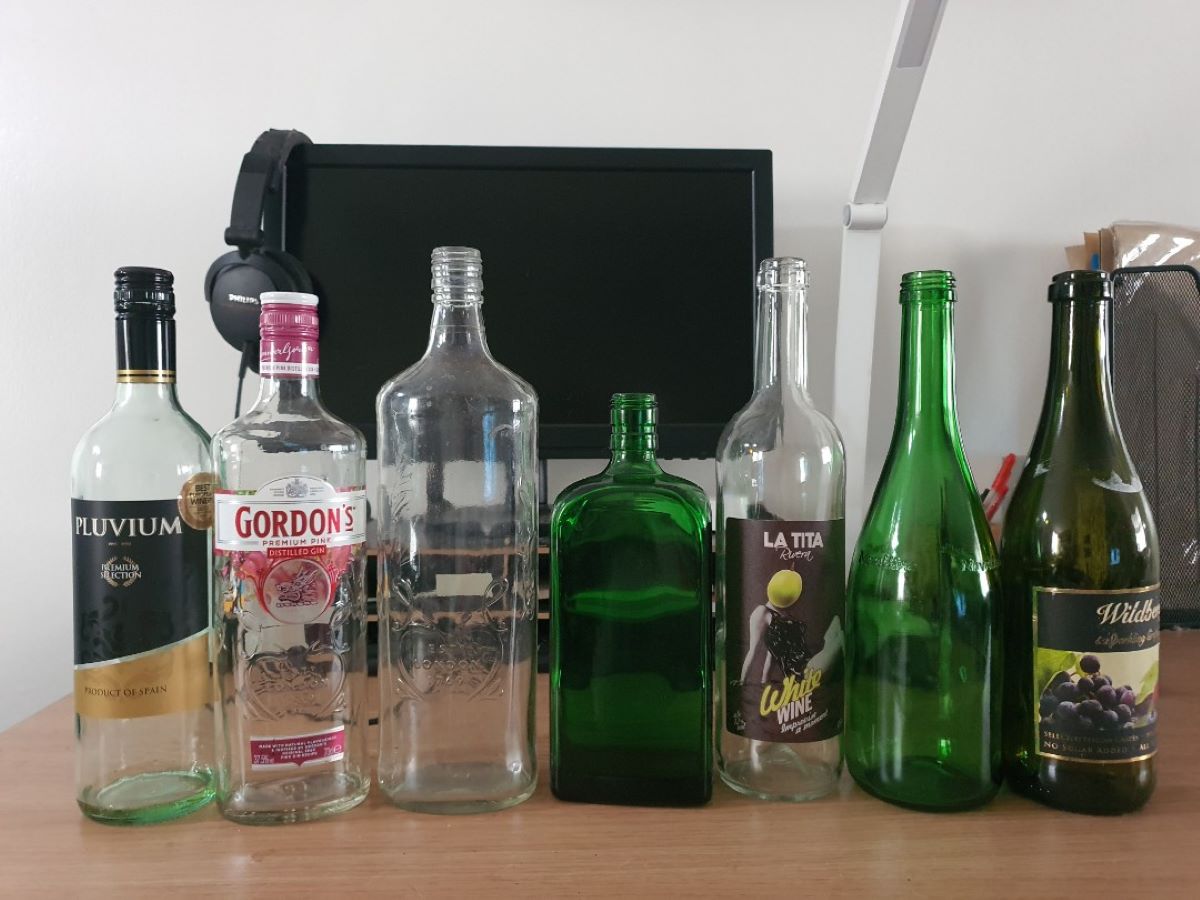

Articles
How To Store Liquor Bottles
Modified: December 7, 2023
Looking for tips on how to store liquor bottles? Check out our informative articles for expert advice on preserving the quality and freshness of your favorite spirits.
(Many of the links in this article redirect to a specific reviewed product. Your purchase of these products through affiliate links helps to generate commission for Storables.com, at no extra cost. Learn more)
Introduction
When it comes to storing liquor bottles, it is crucial to create the ideal environment that will preserve the flavors and integrity of your favorite spirits. Proper storage not only guarantees the longevity of your liquor but also ensures that it remains in optimal condition for consumption. Whether you’re a dedicated collector or simply someone who enjoys the occasional drink, understanding how to store your liquor bottles can make a significant difference in their quality and taste.
In this article, we will explore the essential factors to consider when storing liquor bottles. We’ll discuss the importance of selecting the right storage area, controlling temperature and humidity, deciding between upright or lying down storage, managing light exposure, avoiding direct heat, properly sealing bottles, and organizing and displaying your collection. Additionally, we’ll provide insight on how to store opened bottles to maintain their freshness and flavor.
By following the guidelines and tips presented here, you can ensure that your liquor collection remains in top condition, allowing you to savor each bottle to the fullest extent.
Key Takeaways:
- Preserve the Flavor: Store liquor in a cool, dark, and stable area, controlling temperature and humidity. Properly seal bottles and avoid light exposure to maintain the integrity of your favorite spirits.
- Display with Elegance: Organize and showcase your liquor collection with creativity. Categorize by type, utilize lighting, and store opened bottles properly to create a visually appealing and functional display.
Read more: How To Make A Lamp Out Of A Liquor Bottle
Selecting the Right Storage Area
Choosing the right storage area for your liquor bottles is the first step in maintaining their quality. It’s crucial to find a location that provides the optimal conditions to preserve the flavors and aromas of your spirits.
Firstly, consider a cool and dark place for your liquor storage. Exposure to sunlight and heat can degrade the quality of your bottles, leading to a loss of flavor. Look for a space away from windows or direct sunlight, as UV rays can be particularly harmful to the integrity of your liquor.
Secondly, pay attention to the temperature and humidity levels in the storage area. Liquor should be stored at a consistent temperature, ideally between 55°F and 70°F (13°C and 21°C). Fluctuations in temperature can cause the liquid to expand and contract, leading to potential leaks and changes in taste. Additionally, excessive humidity can contribute to mold and label damage. Aim for a humidity level between 50% and 70% to ensure the bottles’ longevity.
Furthermore, consider the overall stability of the storage area. Avoid places prone to vibrations, such as near appliances or heavy foot traffic areas. Vibrations can disturb the sediment in aged spirits and affect the overall quality of the liquid.
Lastly, think about the accessibility of the storage area. It’s essential to have easy access to your liquor bottles for both personal enjoyment and entertaining guests. Consider using a dedicated liquor cabinet, shelf, or even a designated area in a pantry or cellar specifically for your collection.
By selecting an appropriate storage area that meets the requirements of darkness, coolness, stability, and accessibility, you set the foundation for maintaining the quality and taste of your liquor bottles.
Temperature and Humidity Control
Controlling the temperature and humidity levels in your liquor storage area is vital for preserving the quality and flavor of your bottles. Proper temperature and humidity control help prevent oxidation, evaporation, and deterioration of the liquid, ensuring that each sip is as enjoyable as the first.
As mentioned earlier, the ideal storage temperature for liquor is between 55°F and 70°F (13°C and 21°C). Temperatures higher than this range can accelerate aging, leading to changes in flavor and potentially ruining the spirit. On the other hand, excessively cold temperatures can impede the development of flavors and aromas. It’s important to maintain a consistent temperature to ensure the stability of the liquor.
Investing in a wine cooler, cellar, or dedicated storage unit with temperature controls can help regulate the environment. These devices allow you to set and maintain the desired temperature, protecting your liquor collection from extreme heat or cold.
Similarly, humidity control is crucial to prevent label damage, mold growth, and deterioration. Aim for a humidity level between 50% and 70%. This range will help keep the corks moist, ensuring a proper seal and minimizing evaporation. If humidity drops below 50%, corks can dry out and allow air to enter the bottle, compromising the integrity of the liquid.
You can monitor and control humidity levels using a hygrometer, which measures the moisture content in the air. If the humidity fluctuates too much, consider using a humidifier or dehumidifier to maintain a stable environment. Additionally, storing your liquor bottles in their original boxes can help regulate humidity levels and protect the labels.
By actively controlling temperature and humidity levels in your storage area, you can safeguard the quality and flavors of your liquor bottles, ensuring a delightful drinking experience every time.
Upright or Lying Down?
One common dilemma when it comes to storing liquor bottles is whether they should be stored upright or lying down. While both methods have their benefits, there are some key considerations to keep in mind.
Lying down, with the bottle on its side, is a traditional method of storing wine to keep the cork moist and prevent it from drying out. However, this method doesn’t apply to all types of liquor. Unlike wine, most spirits have high alcohol content, which acts as a natural preservative. Therefore, the risk of the cork drying out and ruining the spirit is minimal.
Storing liquor bottles upright has its advantages. Firstly, it allows for better visibility and easier access to each bottle. This is especially useful if you have a collection with various shapes and sizes. Additionally, storing bottles upright can help prevent leaks and spills, as the liquid isn’t in direct contact with the cork or cap.
Furthermore, storing bottles upright can be particularly beneficial for liquor with high sugar content, such as liqueurs. Sugar can settle at the bottom of the bottle over time, causing the liquid to become syrupy. By storing these bottles upright, you can prevent the sugar from accumulating at the bottom, ensuring a consistent taste and texture.
That being said, if you have older or rare bottles of liquor, especially ones with cork closures, storing them lying down may be preferred. This method helps keep the cork moist, ensuring a proper seal and minimizing the risk of oxidation.
In the end, it’s a matter of personal preference and the specific characteristics of the liquor being stored. If you have a mix of bottles in your collection, consider a combination of both methods. Store liquor bottles that don’t require lying down upright for easy access while reserving a separate area for those that benefit from lying down.
Ultimately, the most important aspect is ensuring that the storage environment remains stable, maintaining the quality and flavors of your liquor bottles regardless of their position.
Light Exposure
Light exposure is another critical factor to consider when storing liquor bottles. The UV rays present in sunlight and artificial light sources can cause chemical reactions in the spirits, resulting in off-flavors and a decrease in quality.
Direct exposure to light can cause a phenomenon known as “lightstruck” or “skunked.” This occurs when the UV rays interact with compounds in the liquor, particularly in beers and some clear spirits, leading to a distinct off-putting taste and aroma akin to skunk spray.
To protect your liquor bottles from light exposure, it’s important to store them in a dark or dimly lit area. Avoid placing your bottles near windows or areas where they may be exposed to direct sunlight during the day. If possible, consider using opaque or tinted storage containers, such as wooden cabinets or wine coolers with UV-resistant glass doors.
If you have an extensive collection or plan to display your bottles, you can also use UV-protective glass or glass blocks with built-in UV filters. This helps to minimize the amount of UV radiation that reaches the liquor, preserving the flavors and quality over time.
It’s worth noting that colored glass bottles, particularly amber or dark green, provide some natural protection against UV rays. However, this doesn’t mean that they are completely impervious to light damage. Therefore, it’s still important to store them in a dark or low-light environment.
By minimizing light exposure, you can ensure that your liquor bottles remain in prime condition, allowing the flavors and aromas to be enjoyed as intended when you’re ready to indulge in a well-deserved drink.
Store liquor bottles in a cool, dark place away from direct sunlight and heat sources to maintain their quality and flavor. Keep them upright to prevent the cork from drying out.
Read more: How To Store Wine Bottles
Avoiding Direct Heat
When it comes to storing liquor bottles, it’s crucial to protect them from direct heat sources. Excessive heat can accelerate the aging process, break down the chemical compounds in the liquid, and lead to a loss of flavor and quality.
Avoid placing your liquor bottles near heat sources such as radiators, stoves, ovens, or other appliances that generate heat. High temperatures can cause the spirit to expand and contract, potentially leading to leaks or even breakage of the bottle.
Additionally, extreme heat can cause evaporation, resulting in a change in the alcohol content and concentration of flavors. This can significantly alter the taste and experience of the liquor. To maintain the integrity of your bottles, aim to store them in a cool and controlled environment, ideally between 55°F and 70°F (13°C and 21°C).
If you live in a region with high temperatures or are concerned about fluctuations in temperature, consider investing in climate-controlled storage solutions. These units provide insulation against external heat sources and maintain a consistent and cool environment throughout the year.
Furthermore, be cautious of storing liquor bottles in areas such as garages or attics, where temperatures can vary significantly, especially in extreme weather conditions. These areas often experience higher temperatures, making them unsuitable for long-term storage.
By avoiding direct heat exposure and maintaining a consistent and cool environment, you can ensure that your liquor bottles remain in pristine condition, preserving their flavors and ensuring an exceptional drinking experience every time.
Properly Sealing Bottles
Properly sealing liquor bottles is crucial for preserving the quality, flavors, and aromas of the spirits. A tight seal helps protect the liquid from exposure to air, preventing oxidation and maintaining the integrity of the beverage.
The most common type of seal for liquor bottles is the cork. Corks provide an airtight seal, keeping oxygen out and preventing the liquid from evaporating. When inserting a cork, make sure it fits snugly into the bottle’s neck. If the cork feels loose or shows signs of damage, it’s essential to replace it to maintain the seal.
For bottles sealed with screw caps, ensuring a tight seal is as simple as screwing the cap back on properly after each use. Make sure the cap is twisted firmly onto the bottle, preventing any air from entering. If the cap shows signs of wear or damage, it’s advisable to replace it with a new one to ensure a good seal.
In the case of bottles sealed with a stopper, such as those with a glass or porcelain top, you need to ensure a secure fit. Make sure the stopper is inserted correctly and rests flush with the bottle’s neck, creating an airtight seal.
Some bottles may come with a wax seal or a plastic wrap around the cork or cap. These additional layers of protection can provide an extra barrier against air and prevent any tampering or contamination of the liquid. It’s important to keep these seals intact whenever possible.
It’s worth mentioning that once a bottle has been opened, the seal may not be as effective as when it was originally sealed. In such cases, it’s important to consume the contents promptly to prevent exposure to air and preserve the flavors. For opened bottles that won’t be finished immediately, consider decanting the remaining liquid into smaller containers with airtight seals to minimize oxidation.
By properly sealing your liquor bottles, you can ensure that the flavors and aromas are preserved over time, allowing you to enjoy the full experience of your favorite spirits whenever you choose to indulge.
Organizing and Displaying Liquor Bottles
Organizing and displaying your liquor bottles not only adds a touch of elegance to your space but also makes it easier to access and enjoy your collection. Here are some tips for effectively organizing and displaying your liquor bottles:
1. Categorize by type: Arrange your liquor bottles by type, such as whiskey, vodka, or rum. This makes it easier to locate specific bottles and gives your collection a cohesive look.
2. Consider shelving: Invest in sturdy and visually appealing shelves to display your liquor bottles. Floating shelves, wall-mounted racks, or freestanding display units can create an eye-catching display while maximizing storage space.
3. Utilize lighting: Install lighting fixtures above or behind your liquor collection to highlight the bottles and create a captivating ambiance. LED strip lights or spotlights can be used to showcase specific areas or individual bottles.
4. Showcase unique bottles: If you have particularly rare or eye-catching bottles in your collection, consider giving them a prominent spot on the display. Showcasing unique bottles can become a centerpiece and spark conversations with guests.
5. Label and tag: Attach labels or tags to the neck or base of your bottles to make identification easier. This is especially useful if you have a vast collection and want to quickly locate specific bottles.
6. Group by brand or region: If you have a preference for certain brands or regions, consider grouping your bottles accordingly. This can create a visually pleasing arrangement and highlight your personal preferences.
7. Keep within reach: Place the most frequently consumed or prized bottles within easy reach for convenience. This allows for effortless access when pouring a drink or sharing your favorites with guests.
8. Use glassware and other accessories: Complement your liquor display with glassware, cocktail shakers, and other accessories. This adds a touch of sophistication and creates a complete and inviting setup.
Remember to periodically dust and clean your display area and bottles to maintain their pristine appearance. Regularly check the condition of the labels and storage environment to ensure the longevity of your collection.
By organizing and displaying your liquor bottles with care and creativity, you can turn your collection into a stylish focal point that adds character to your space and makes every drinking experience a visual delight.
Storing Opened Bottles
Once a bottle of liquor has been opened, proper storage becomes even more crucial to maintain its freshness and flavor. Oxygen exposure can cause oxidation, which can lead to a change in taste and quality over time. Here are some tips for storing opened bottles of liquor:
1. Re-seal tightly: After pouring your desired amount from the bottle, make sure to re-seal it tightly with its original cork or cap. A secure seal helps minimize oxygen exposure and slows down the oxidization process.
2. Store upright: Unlike wine, opened bottles of liquor are best stored upright. This prevents the liquid from coming into extended contact with the cork or cap, reducing the risk of leakage or damage.
3. Avoid temperature fluctuations: Just like with unopened bottles, it’s important to store opened bottles in a cool and consistent environment. Fluctuations in temperature can accelerate the aging process and affect the flavor of the liquor. Aim for a temperature range between 55°F and 70°F (13°C and 21°C).
4. Minimize light exposure: Light exposure can also impact opened bottles of liquor. Store them in a dark or dimly lit area, away from direct sunlight or artificial light sources. Consider using opaque storage containers or wrapping the bottles in a light-protective material if necessary.
5. Consume within a reasonable timeframe: While liquor can last longer than wine after opening, it’s still recommended to consume opened bottles within a reasonable timeframe. The flavors and aromas may start to deteriorate over time, so try to enjoy the remaining contents within a few months to a year, depending on the type of spirit and its alcohol content.
6. Consider using preservation methods: There are several preservation methods you can use to extend the shelf life of opened bottles. One popular method is using a vacuum pump to remove the excess air from the bottle, reducing oxidation. Another option is using inert gas sprays, such as argon or nitrogen, to create a protective layer on top of the liquid.
7. Keep track of the opening date: To make it easier to monitor the freshness of your opened bottles, it’s helpful to label them with the opening date. This way, you can keep track of how long they have been open and better assess their quality.
Remember, the freshness of opened liquor bottles can vary depending on factors such as alcohol content, storage conditions, and type of spirit. Trust your senses and if the aroma or taste seems off, it may be time to replace the bottle.
By following these guidelines, you can ensure that your opened bottles of liquor stay enjoyable for as long as possible, allowing you to continue savoring your favorite spirits without compromising on flavor.
Read more: How To Store Medicine Bottles
Conclusion
Properly storing liquor bottles is essential for preserving their quality, flavors, and aromas over time. By paying attention to the storage area, temperature and humidity control, light exposure, avoiding direct heat, properly sealing bottles, organizing and displaying your collection, and storing opened bottles, you can ensure that your favorite spirits remain in optimal condition for an exceptional drinking experience.
When selecting a storage area, choose a cool, dark, stable, and accessible space where your liquor bottles can be protected from sunlight, heat, vibrations, and humidity fluctuations. Temperature and humidity control is crucial to prevent oxidation, evaporation, and the growth of mold. Aim for a range between 55°F and 70°F (13°C and 21°C) and maintain a humidity level between 50% and 70%.
Deciding whether to store liquor bottles upright or laying down depends on the type of spirit and personal preference. While laying down is traditionally used for wine, most spirits can be stored upright to improve accessibility and minimize the risk of leaks or sugar settling. However, for older or cork-sealed bottles, laying them down may help maintain a proper seal and minimize oxidation.
Light exposure can negatively impact liquor, causing off-flavors and degradation. Keep bottles away from direct sunlight and consider using UV-resistant storage containers or retrofitting with UV-protective glass. Additionally, avoiding direct heat sources and storing bottles upright to minimize the risk of temperature fluctuations are essential to preserving the integrity of the liquor.
Properly sealing opened bottles with their original cork or cap ensures an airtight seal, minimizing oxygen exposure and preserving the flavors. Storing opened bottles upright, in a cool and consistent environment, prevents further oxidation. Consider using preservation methods like vacuum pumps or inert gas sprays to extend the shelf life of opened bottles.
Organizing and displaying your liquor bottles not only adds elegance to your space but also makes it easier to access and enjoy your collection. Categorize by type, consider shelving and lighting options, and showcase unique bottles to create a visually appealing and functional display.
In conclusion, by following these guidelines for storing your liquor bottles, you can ensure that each drink is a delight to the senses. From selecting the right storage area to properly sealing opened bottles, maintaining the ideal conditions will preserve the quality, flavors, and aromas of your favorite spirits, allowing you to sip and savor them to the fullest.
Frequently Asked Questions about How To Store Liquor Bottles
Was this page helpful?
At Storables.com, we guarantee accurate and reliable information. Our content, validated by Expert Board Contributors, is crafted following stringent Editorial Policies. We're committed to providing you with well-researched, expert-backed insights for all your informational needs.
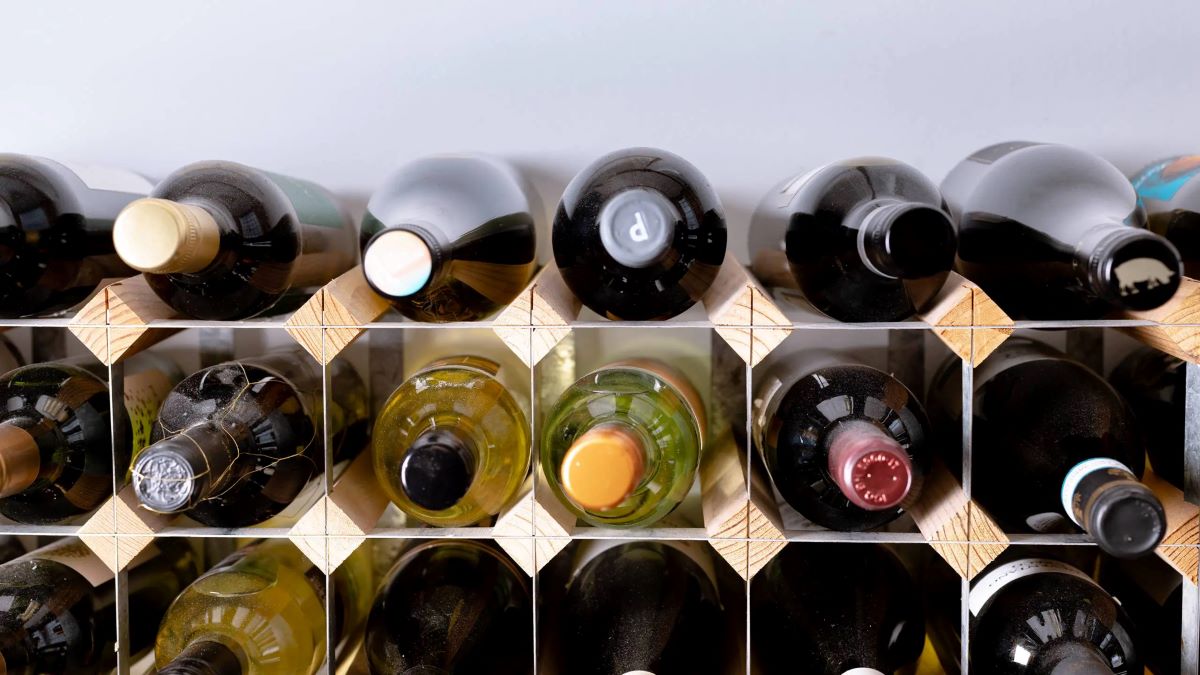
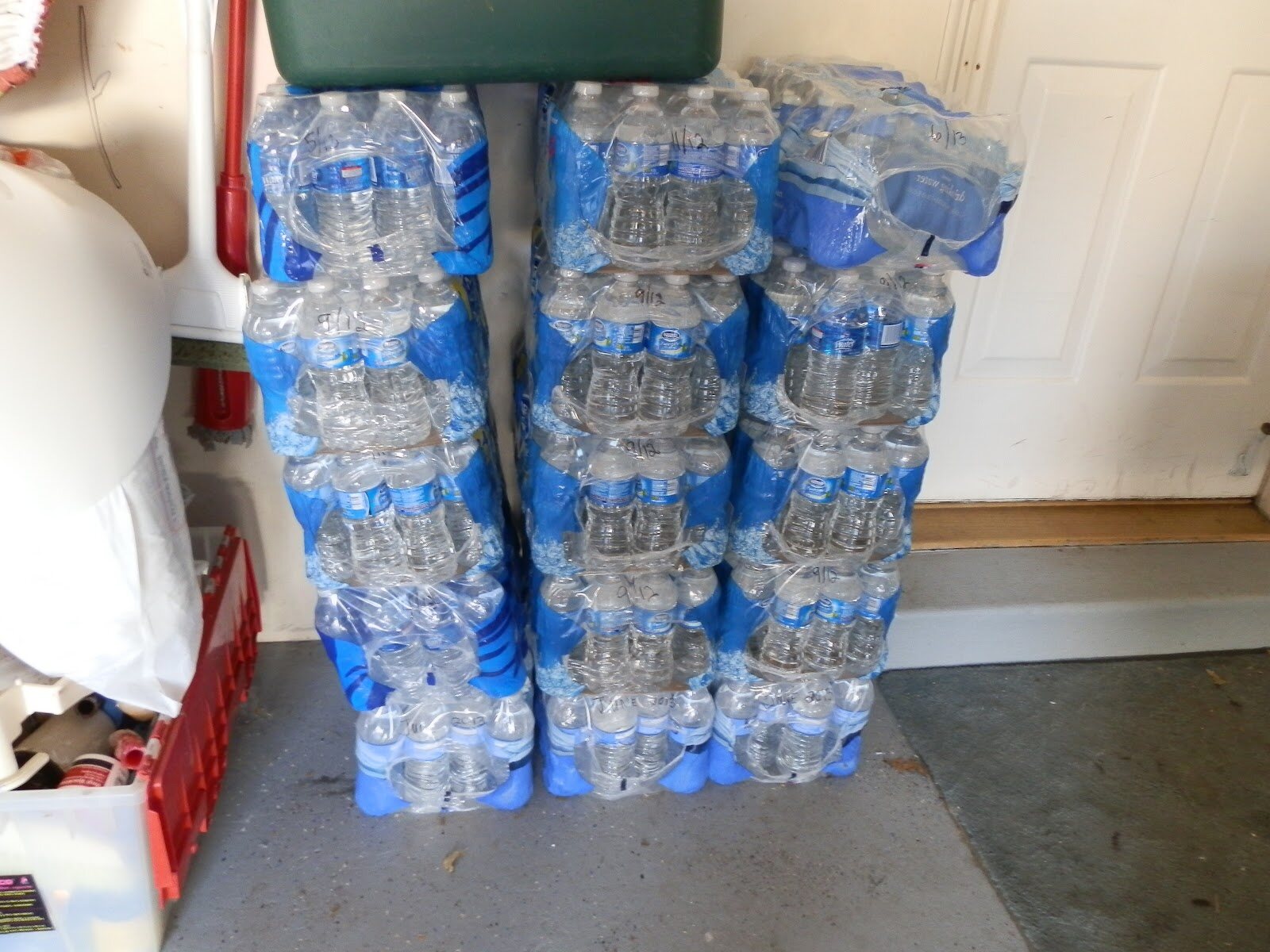
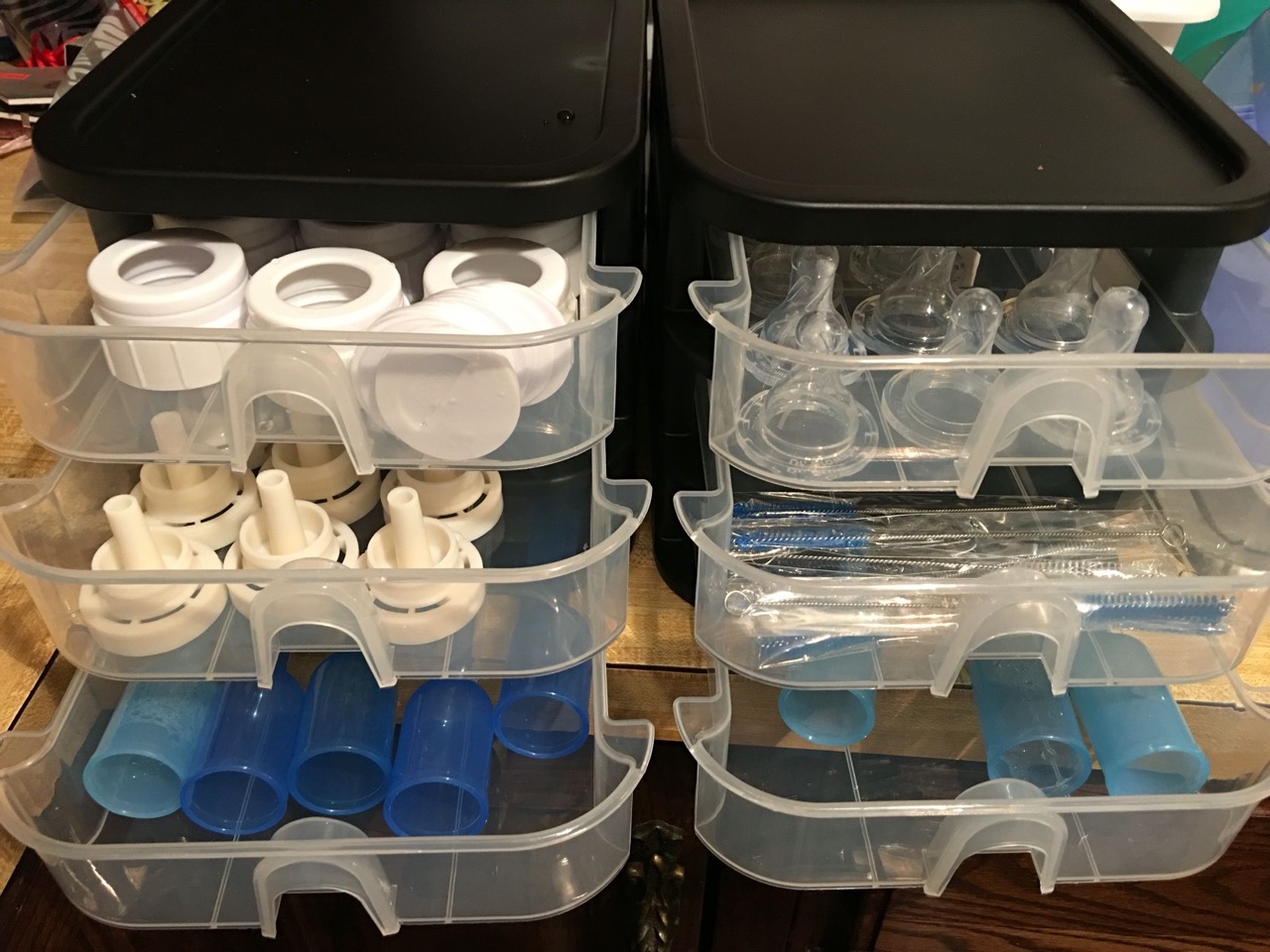
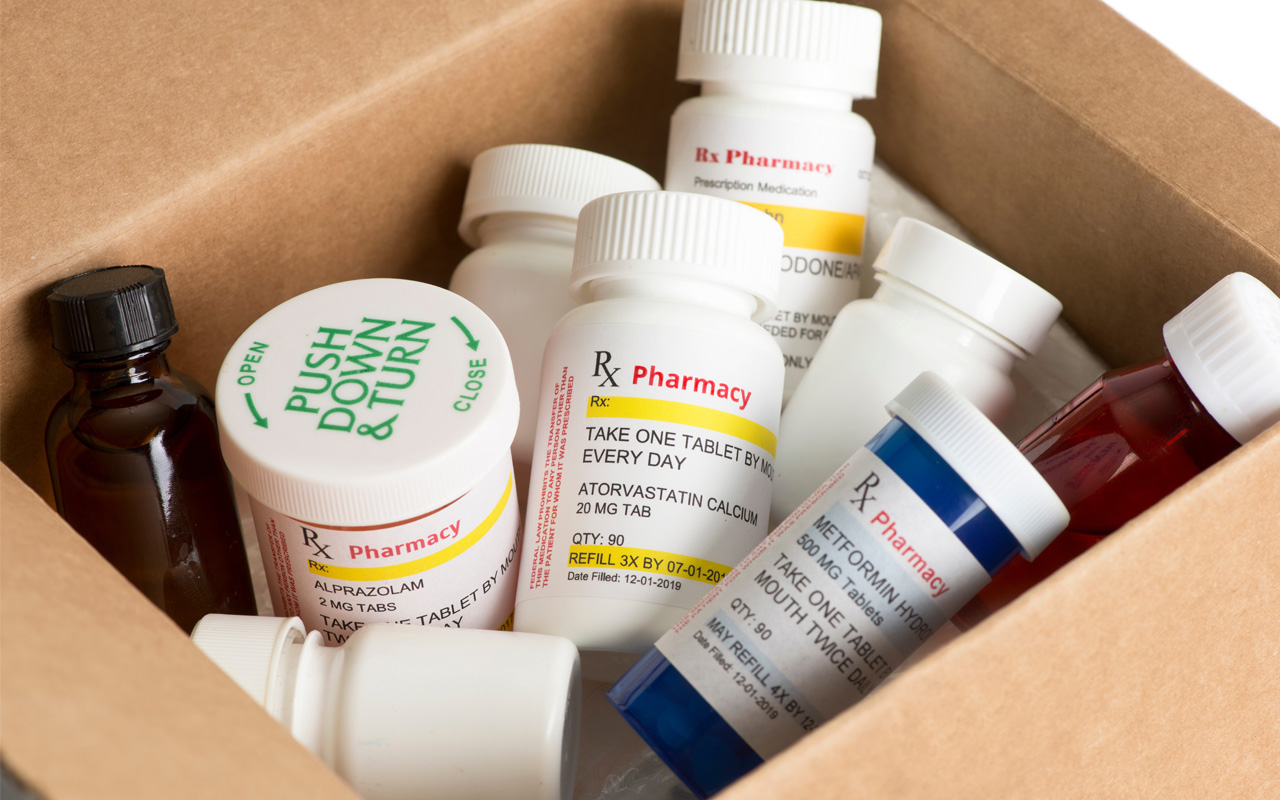
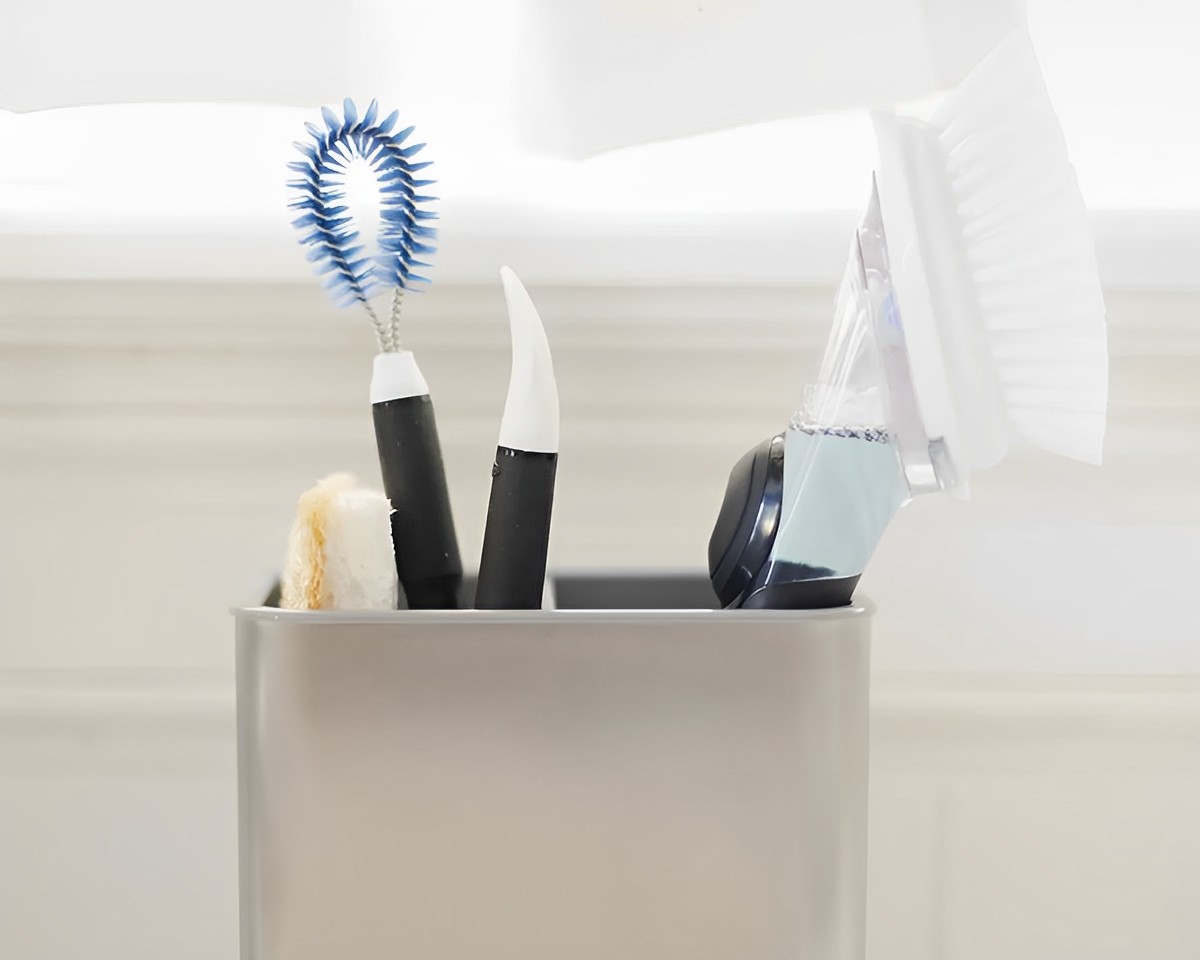
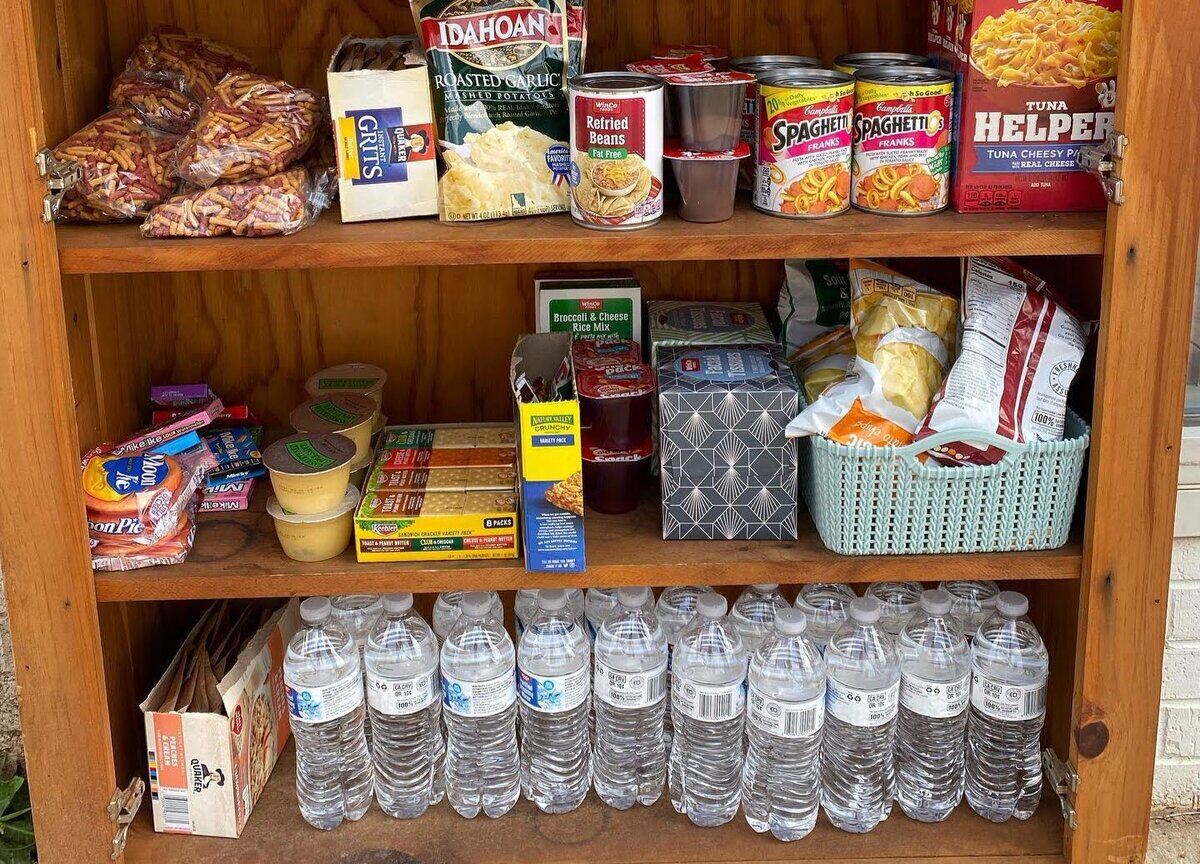
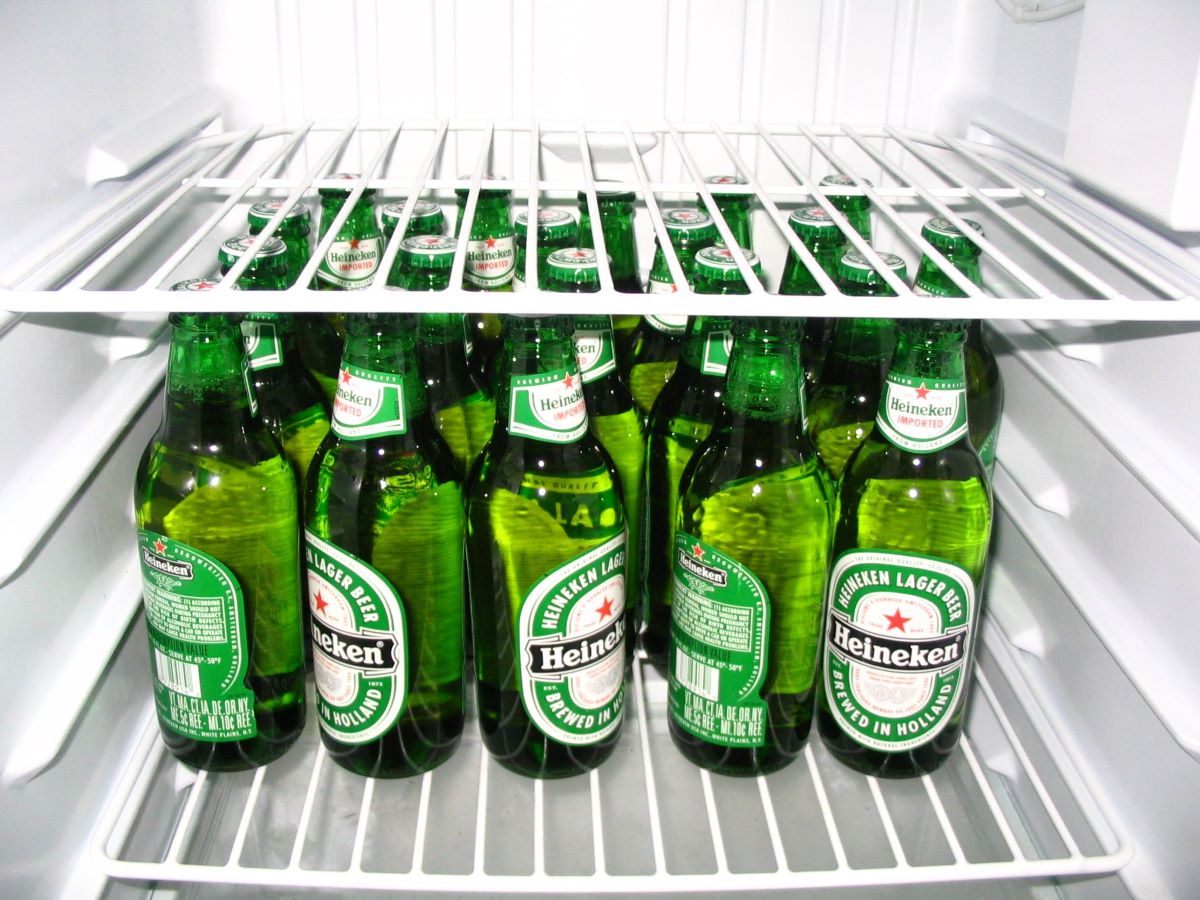
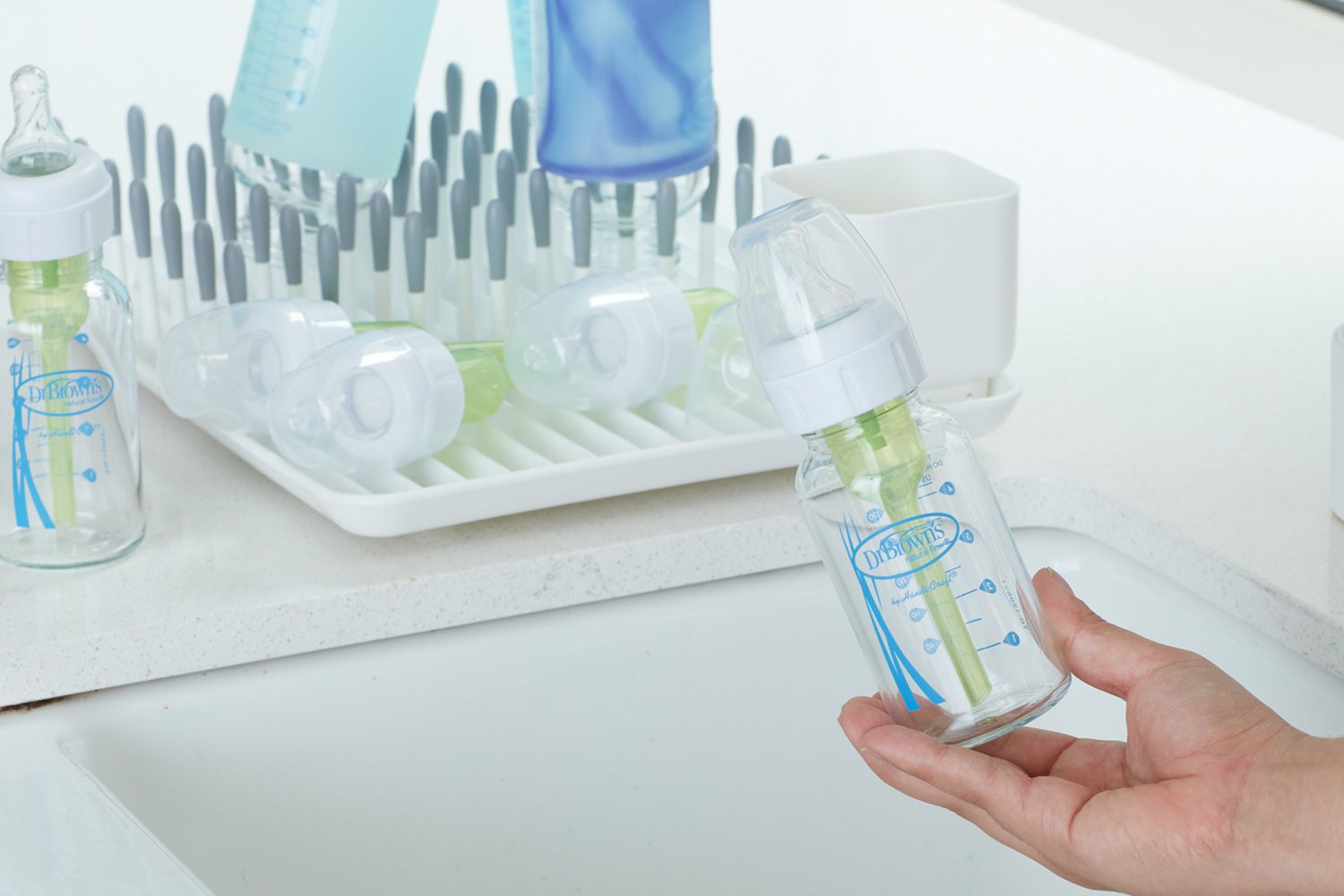
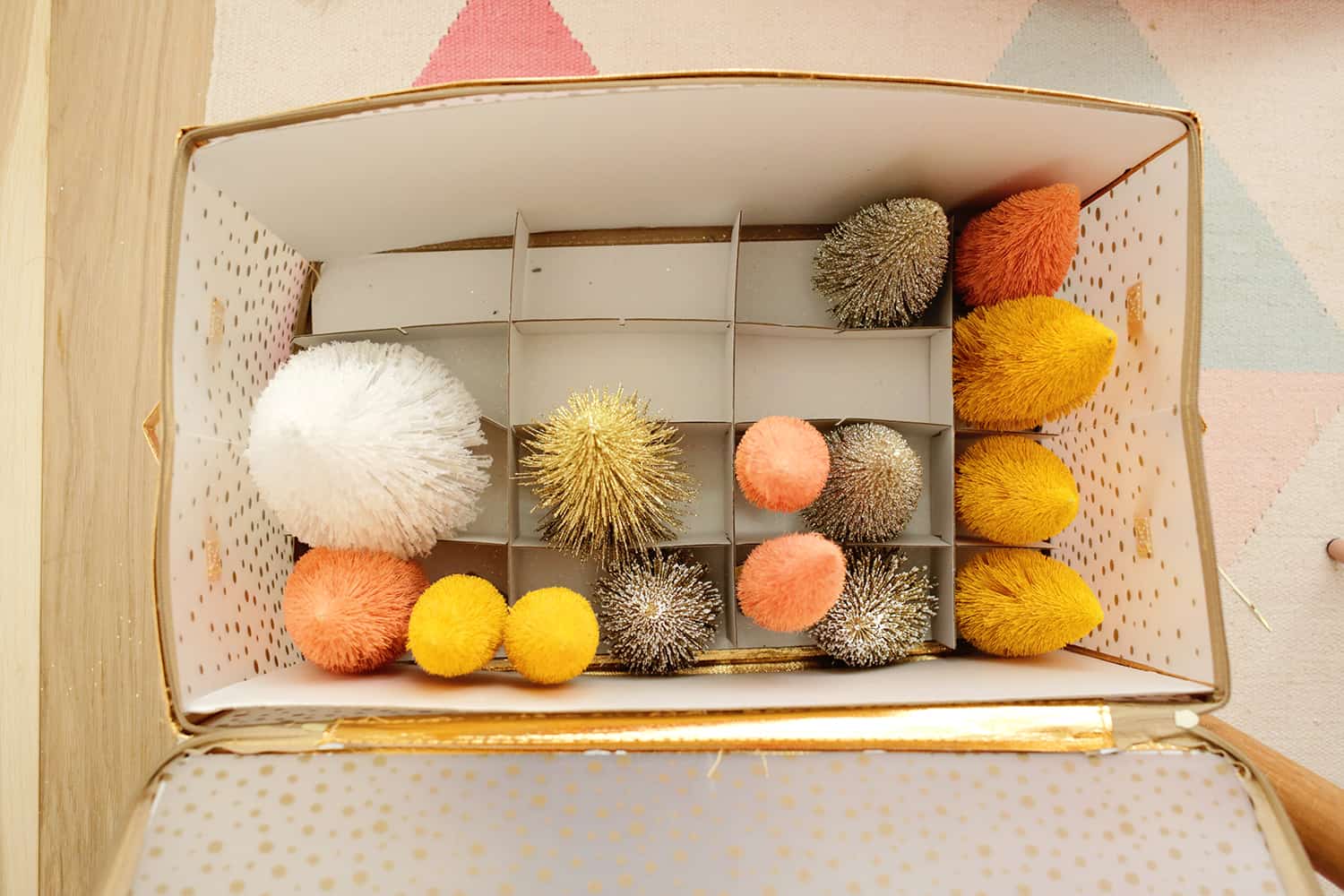
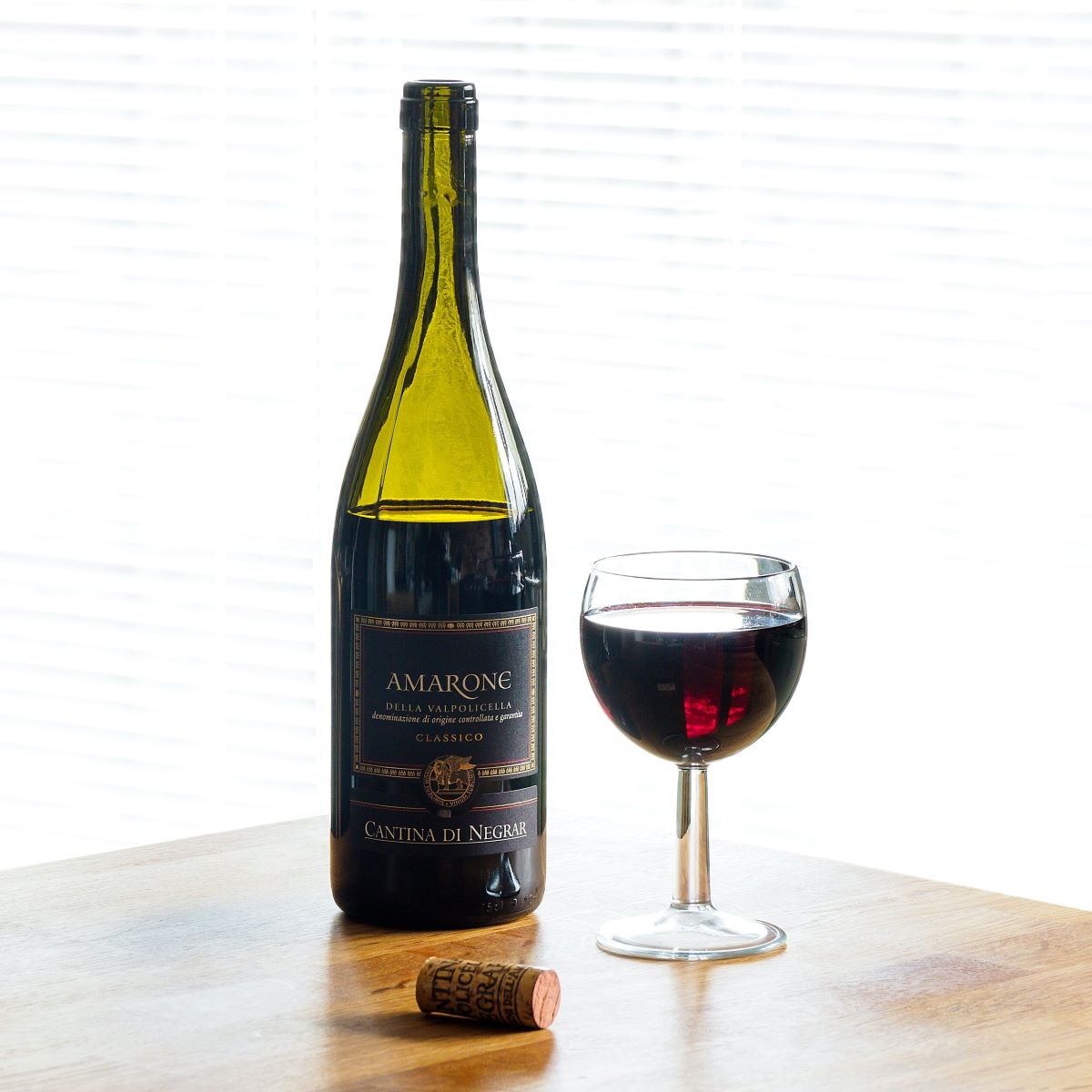
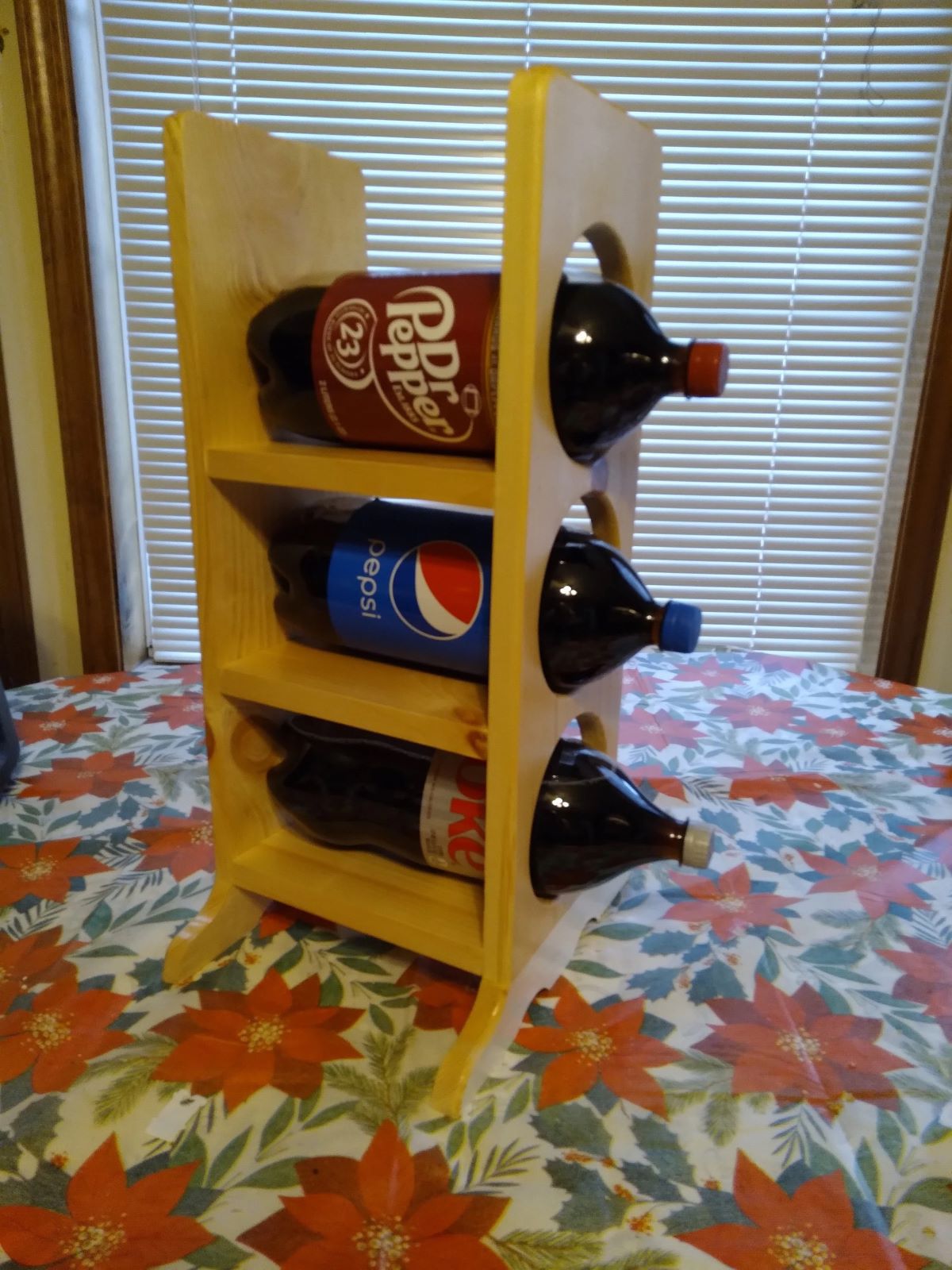
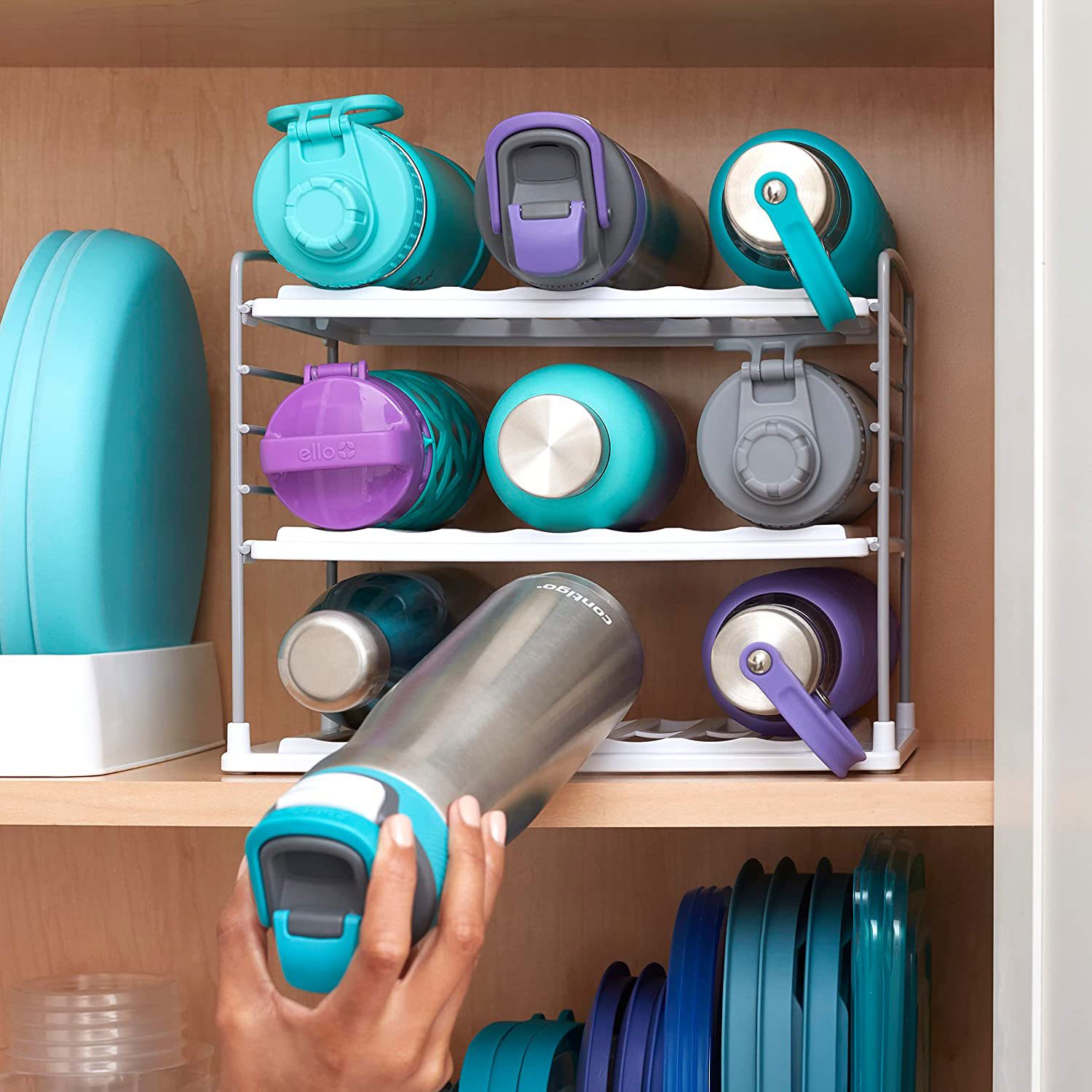
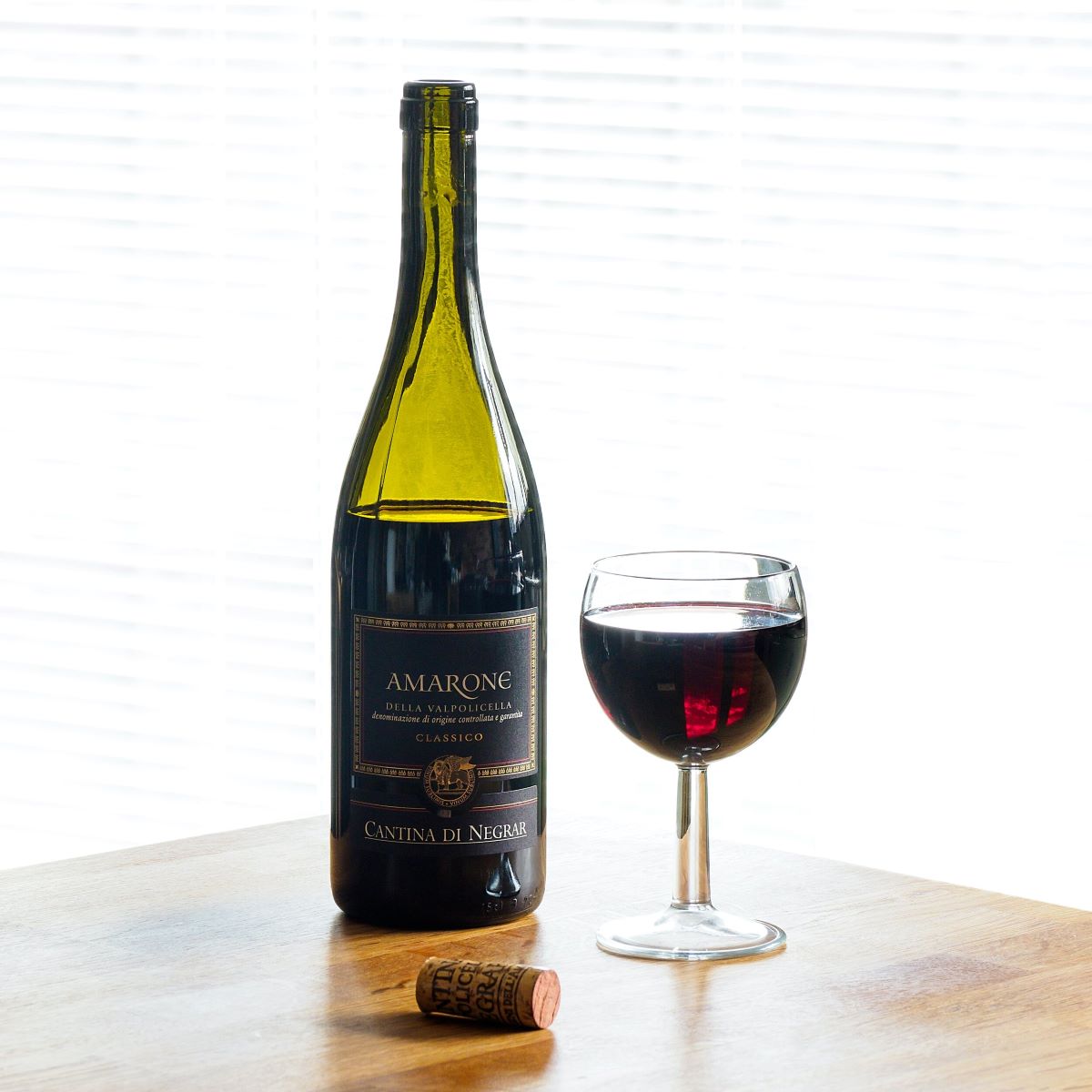

0 thoughts on “How To Store Liquor Bottles”